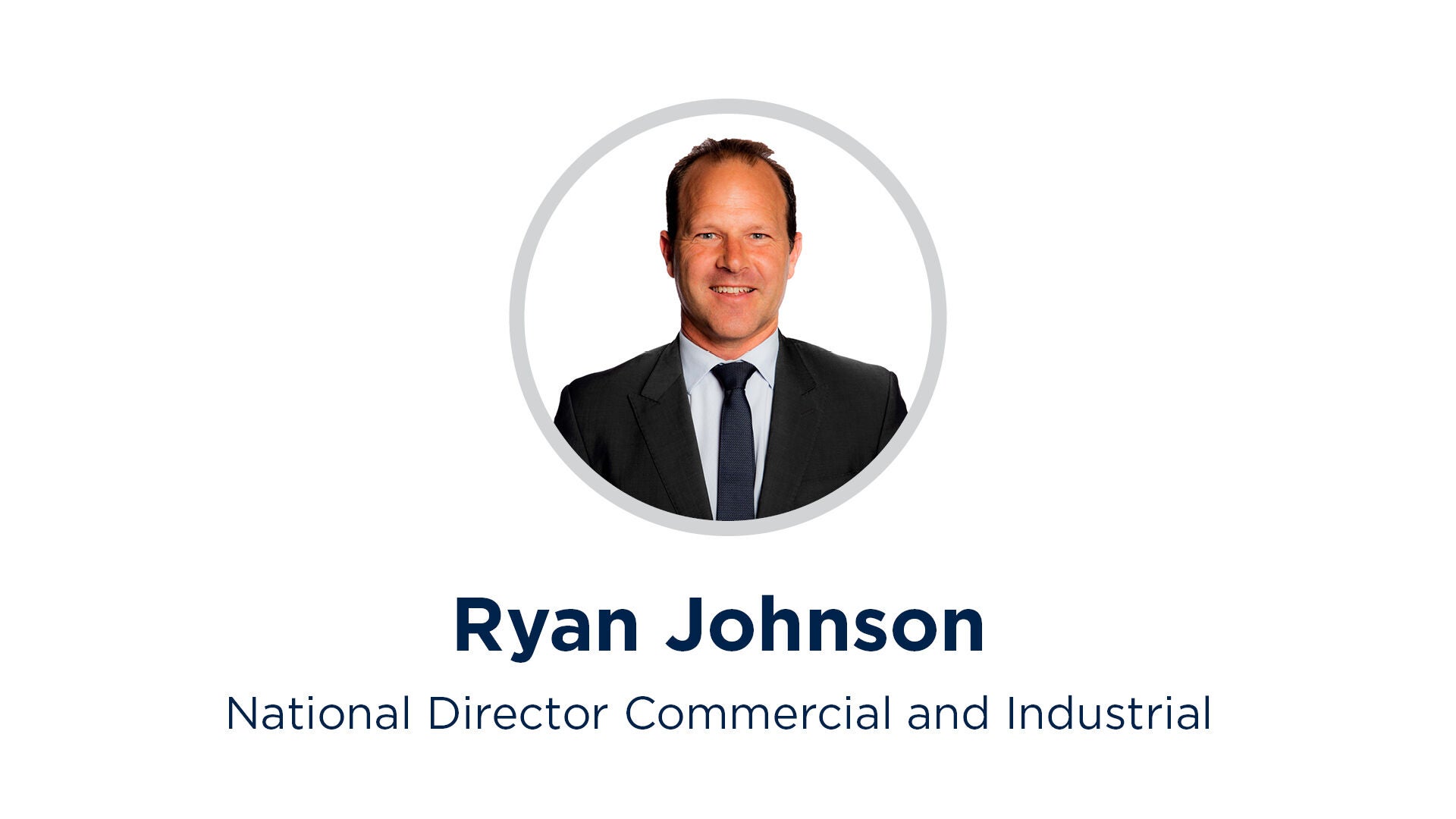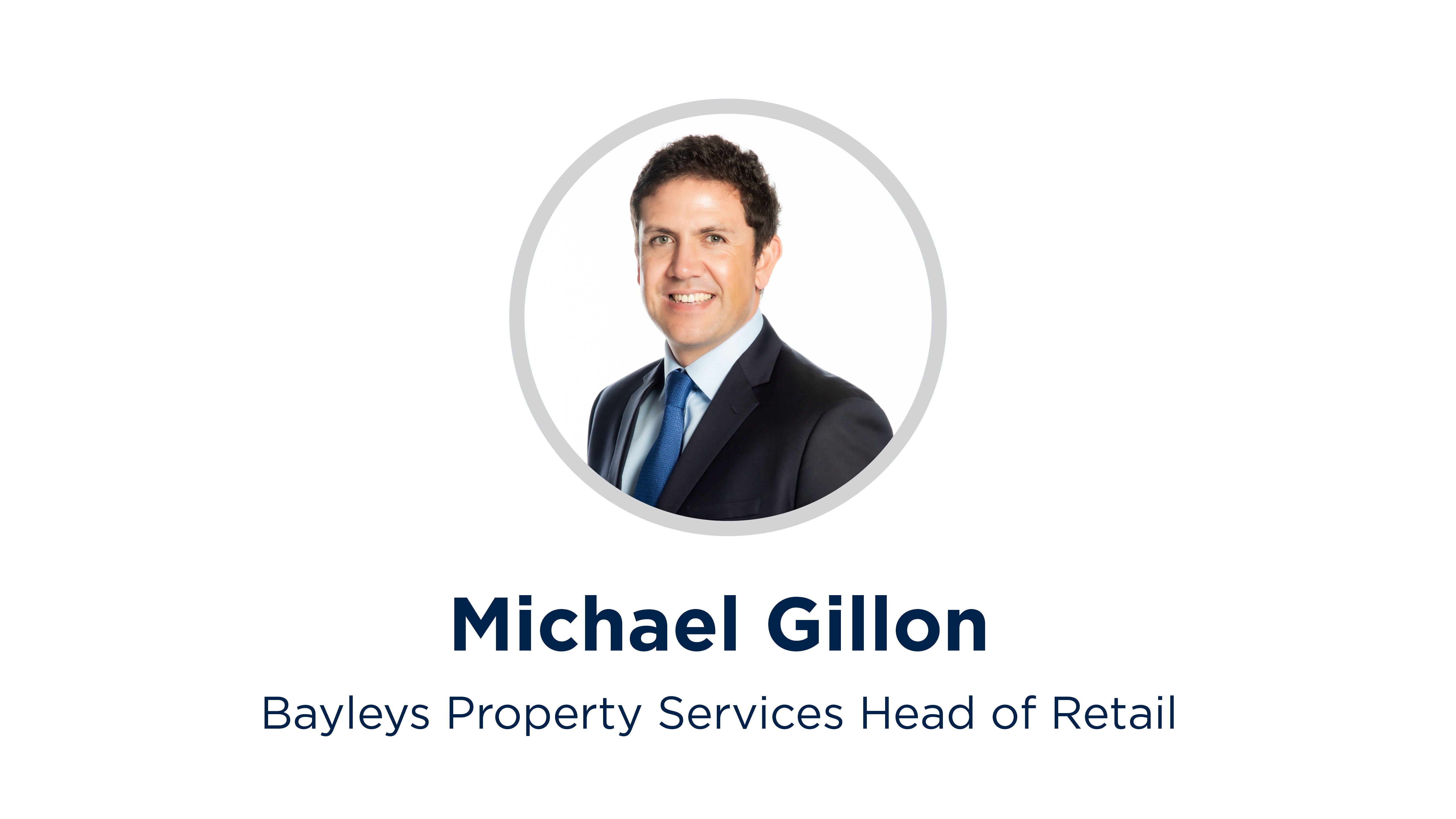
Commercial -
Embedding ESG
Given climate change narratives, more complex due diligence being undertaken by purchasers, higher sustainability requirements by financiers, and growing social responsibility, commercial real estate is undergoing some significant shifts.
In its latest Total Property portfolio, Bayleys looks at how environmental, social, and governance (ESG) factors are playing out across the broader sector, particularly in the lending realm, as the low-emissions economy takes hold and the dial shifts on corporate and private accountability.

Bayleys national director commercial and industrial Ryan Johnson said ESG is impacting lending, acquisitions, corporate governance and social responsibility, with the sector increasingly challenged to “step up and wise up” on ESG as it builds momentum globally.
“Fundamentally, building owners must extend their identification of operational risk to ESG-related factors to secure finance and to ensure an asset remains fit-for-purpose on a number of metrics to protect its capital value,” he said.
In Total Property, Bayleys spoke to Jo Kelly, chief executive officer for The Centre for Sustainable Finance: Toitū Tahua, an independently governed charitable trust set up in 2021 to accelerate progress toward an equitable, inclusive and sustainable financial system, based on global precedents.
Kelly said the Centre sits at the nexus of finance and sustainability by connecting, collaborating, enabling cross-sector projects and tracking progress towards the Sustainable Finance Forum's 2030 Roadmap for Action goals.
“Organisations should make sustainability commitments that are relevant and meaningful to them; however, if climate and human rights aren’t on their list, they may need to rethink their priorities.
“Generally speaking, organisations that understand and face into the ESG risks associated with their business are better prepared to manage and mitigate those risks when they materialise – which they will.”
Kelly said finance providers increasingly want to see demonstrable and credible long-term plans that position a business to be resilient, cost-effective and competitive in a low-emissions economy and, for most, that will require a fundamental re-think of current business models, products and services.
Additionally, this year, around 200 entities in New Zealand will be required by law to start producing climate-related financial disclosures around financed emissions which include scope 1, 2 and 3 emissions across value chains.
“This means many small businesses, including those borrowing from banks or suppliers to listed companies caught by this new legislation, will also need to put climate reporting in place, be planning to reduce their emissions and understand their risks in other areas, for example water use and biodiversity,” said Kelly.
For sustainability to be hard-wired into the business and financial arena, attitudes, processes and systems need to be upgraded with clarity required from the government on its policy and investment priorities, according to Kelly.
“The Centre has been working with the government to determine whether New Zealand needs to codify definitions of sustainable economic activity into a set of definitions that can be used for investment decision making.”
Banks are challenged with embedding climate risk into the different stages of the credit lifecycle and aligning lending and investment portfolios with pathways to net zero by 2050.
BNZ general manager property finance Phil Bennett says banks have always factored ESG into commercial lending requests, especially governance which is strongly linked to character and capability, which, with collateral, forms credit’s three Cs.
“Today, lenders are looking for documented and measurable strategies around the entire ESG framework,” he said.
“Under scrutiny are ‘E’ considerations like land development impacts, in-depth analysis of Resource Consent approvals, reduction of carbon footprint in new-builds and upgrades, and exiting poor quality assets.
“On governance and social criteria, we’ll be considering ownership and advisory structures, succession planning, community benefits, and the quality of strategic plans.”
Bennett says as ESG priorities are further embedded across the sector, commercial property developers, investors and tenants will all be impacted.
“Legislation will increasingly impose additional compliance requirements, poor quality buildings will be further discounted in the market, and we’ll see more leases reflecting occupier ESG policies with specific ‘out’ clauses if agreed criteria aren’t met by a landlord.”
Sustainability-linked loans, primarily for premium A-grade commercial buildings, are on the rise with BNZ and Bennett says sustainability is actively being pursued by owners.
“When looking at a building’s long-term market appeal, it’s important that owners consider what the property needs to maintain or improve tenant desirability and allow rents to increase, what this will cost, how long it will take and whether equity or funding will pay for it.”
ASX-listed Centuria Capital Limited views sustainability as a lever to delivering strong business outcomes, with its general manager sustainability, Clint Wilson saying ESG is being broadly distilled throughout Centuria’s internal and external business operations.
“Investors, tenants and the wider community increasingly recognise the value that well-executed sustainability practices can have on real estate.
“Sustainability is just good business. It helps us attract capital, retain tenant customers and support the communities we work in.
“We partner with the right industry organisations and stakeholders to collaboratively shift the dial and demonstrate best practice.”
Meanwhile, the retail sector is also stepping up its ESG game, according to Bayleys Property Services national portfolio manager Michael Gillon.

“Global corporate retailers will soon insist that premises they occupy have a sustainability component in line with company ESG goals, and green leases are gaining more traction, particularly for international tenants acting on stakeholder directives,” he said.
“Additionally, terms like the circular economy, modern slavery, traceable supply chains, accessibility and social connectivity are becoming embedded in operational models as business owners respond to changing expectations.”